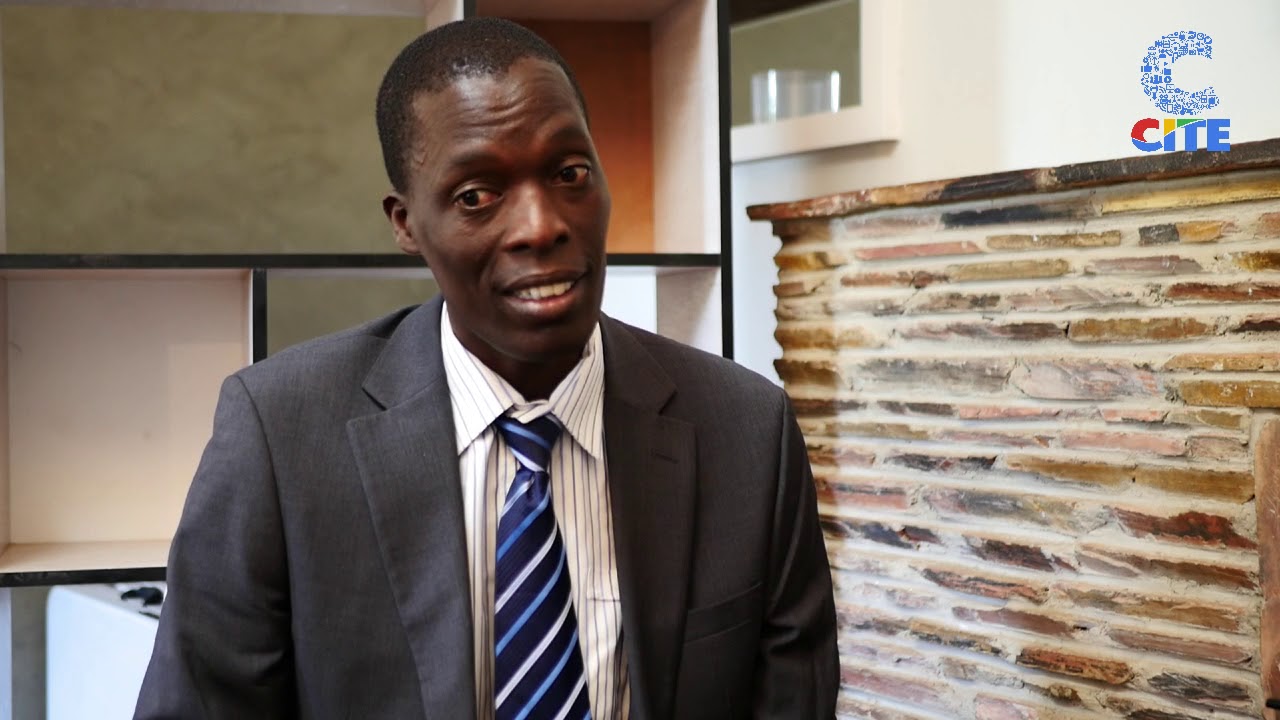The political and economic situation in Zimbabwe is crippling service delivery by local authorities, a political analyst has said.
Speaking during a community Indaba hosted by Project Vote 263 in Bulawayo on Thursday, political analyst Effie Ncube highlighted several service delivery challenges caused by political instability.
“One of the major issues we must talk about is the issue of recalls. A recall creates political uncertainty. It makes it impossible for elected officials to plan for their entire five-year term because they fear that within the course of their term, they may be recalled,” Ncube explained.
“It is extremely damaging to service delivery. To assess the extent to which the recalls affect service delivery, we need to appreciate the job of a councillor. A councillor represents their ward in council so when you recall such a person, there is no longer a representative for that community.”
Ncube said the other issue that affects service delivery is economic instability.
“Bulawayo is not a country; it is a city within a country that is economically unstable. One issue of note is the multi-currency system that we have. In as much as the government is pushing for the use of the local currency, the council, service providers, and even us residents ourselves, we don’t want to use it because it loses value all the time, but that is the money that we have,” he said.
“That is what we are paying to the council, and that is what the council offers to service providers. That is where the challenge is. The service providers want foreign currency, and the council does not have it. Sometimes even government agencies pay in local currency to the local authority.”
Ncube said to address these challenges, the Constitution must be amended to incorporate legal frameworks that will improve service delivery.
“What we can do to improve this is to amend Section 129(1)(k) so that it makes it difficult to recall councillors and MPs willy-nilly. I’m not saying it should be made impossible, but it should be difficult so that they are not easily recalled at any moment because that affects service delivery,” he said.
“We also need political will to implement devolution. The Constitution has a provision for devolution, but where is it being implemented? When we look at road funds through ZINARA, we find that they are collecting a lot of revenue from motorists, but very little is being remitted to local authorities. How then do we expect councils to fix roads? You find that in some areas, only about three percent is given back to the councils. That money cannot do much to enhance service delivery, and that is why most of our councils fail.”

